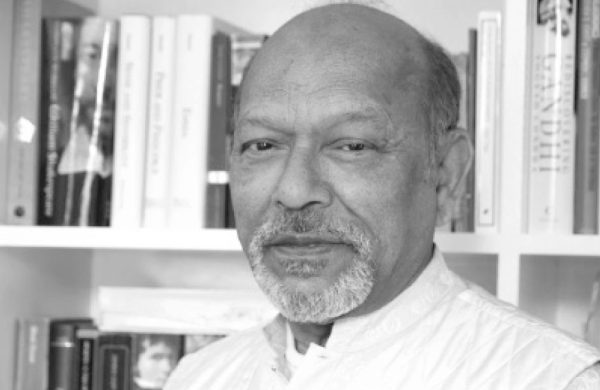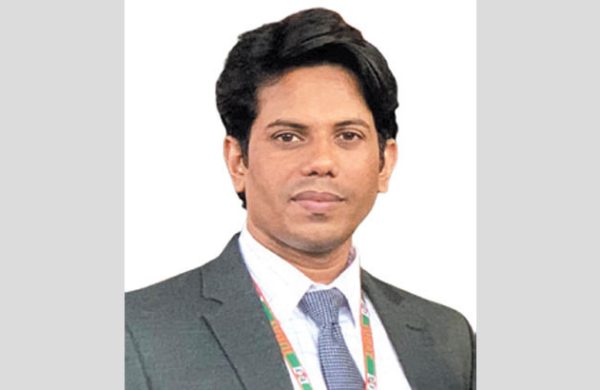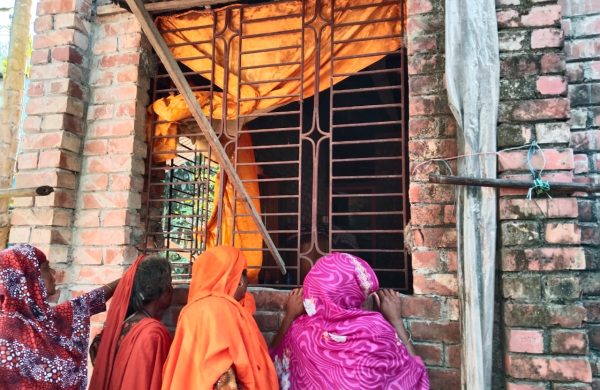Upcoming election will be extremely challenging
- Update Time : Sunday, July 13, 2025

—Gaziul Hasan Khan—
A new polarization is emerging in Bangladeshi politics, marked by two significant developments: the confirmation of a BBC report on the use of lethal force by then-Prime Minister Sheikh Hasina against student protestors during the July-August mass uprising, and an official directive to complete preparations for the national parliamentary election by December of this year.
These two developments have brought a sense of relief among BNP Secretary General Mirza Fakhrul Islam Alamgir and his followers. Following a meeting in London between interim government head Professor Dr. Yunus and BNP’s acting chairman Tarique Rahman, the political polarization in the country appears to be gaining momentum. With Sheikh Hasina no longer in power, the BNP’s earlier stance seems to be shifting—particularly regarding her trial at the International Criminal Court (ICC), investigation into the activities of the Awami League, and taking political action against it as a party.
Mirza Fakhrul told reporters that the killings during July and August were carried out solely under Sheikh Hasina’s directive. He emphasized that during the Awami League’s 15-year rule, the BNP faced the harshest repression and that the Awami League should be held accountable for its actions.
The BBC has independently verified and globally broadcast Sheikh Hasina’s direct instructions for the use of lethal weapons against protestors. Amnesty International has urged that all human rights violations committed during the 2024 mass uprising be submitted to the ICC. Former police chief Chowdhury Abdullah Al-Mamun has already turned state witness, admitting responsibility for crimes against humanity. On Thursday, April 10, formal charges were filed against Sheikh Hasina. Legal experts believe there are now no remaining obstacles to prosecuting her for the killings or initiating legal proceedings against identified leaders and activists of the Awami League.
It is reported that internal hesitation within the BNP about prosecuting Sheikh Hasina and taking legal action against the Awami League is dissipating rapidly. Uncertainty regarding the timing of the national election—scheduled for February—is also fading, as Chief Adviser’s press secretary Shafiqul Alam confirmed the directive to finalize election arrangements by December. This may have prompted Economic Adviser Dr. Salehuddin Ahmed to state, “We’ll remain in government for only another seven to eight months.” He added, “The Chief Adviser and I are very serious about implementing some fundamental reforms. We won’t go for long-term changes, just complete the ones already underway.”
On the matter of elections and reforms, leaders such as Jamaat-e-Islami’s Amir Shafiqur Rahman and National Citizens’ Party (NCP) head Nahid Islam have strongly stated, “We will not accept any election without justice and reform.” Later, however, NCP’s Member Secretary Akhtar Hossain clarified, “The fundamental reforms must be completed before the election.” Based on recent events and the current situation, it seems the ideological gap between BNP, Jamaat-e-Islami, and NCP is gradually narrowing. Still, divisive issues are likely to arise before the election.
Nahid Islam, former student leader of the anti-discrimination movement and now NCP head, remarked, “We are practicing Bangladesh-centric politics against Indian hegemony and aggression.” The NCP insists there can be no understanding with any party that does not align with Bangladesh’s national interests or take a firm stance on disputes with India.
It is undeniable that news of the national election has stirred excitement. A sense of electoral anticipation is building across the country. During the fallen Awami League regime’s 15-year rule, most people were denied the opportunity to vote freely. Now, a sense of relief and optimism is emerging. However, concerns about the election still linger.
In recent months, there has been growing demand for proportional representation (PR) in the electoral system. While not all democratic parties support it, several have advocated for PR. A key feature of this system is that parties do not nominate individual candidates in constituencies; voters cast ballots for party symbols instead. The party that garners the most votes nationwide forms the government. After the election, the winning party announces representatives for each constituency and forms the government accordingly.
This system eliminates intra-party conflicts or violence over nominations in individual seats. Each party is allocated seats based on the proportion of total votes it receives. If no party secures enough votes to form a majority government, coalition governments can be formed. Though this system is used in some European countries, it remains unfamiliar in Bangladesh. Nonetheless, several parties, including Jamaat-e-Islami and the NCP, are increasingly interested in PR as a lower-conflict route to representation.
However, the largest party, BNP, opposes the PR system. Senior BNP leader Khaleda Zia argued that the general public is not yet familiar with this method. She warned that trying to implement it now would cause widespread disruption.
Most of the country’s political parties are deeply concerned about protecting national interests, sovereignty, and independence from the undue influence or dominance of neighboring powers. Post-uprising, the people of Bangladesh have also become highly sensitive to these matters. New parties such as NCP and others, including Jamaat, have become increasingly critical of BNP’s past positions and are asking what specific steps BNP would take on these vital issues if it comes to power. What are BNP’s plans for using seaports and territory, proposed corridors, or the repatriation of Rohingya refugees?
The nationalist youth of Bangladesh are now more alert than ever to protecting national, religious, and socio-economic interests. Deceptive political rhetoric is no longer enough. These young people are growing more vocal about the past records of BNP and other political parties. The more a party aligns itself with foreign interests or succumbs to dominance, the more it risks losing public support and votes. It seems unlikely that any party relying on domestic or foreign vested interests can stay in power for long.
For these reasons, the upcoming election—and elections beyond—are expected to be extremely difficult and crisis-ridden. That is the prevailing sentiment among the majority of citizens and voters.
——————————————————————–
The writer is former Chief Editor and Managing Director, Bangladesh Sangbad Sangstha (BSS



















